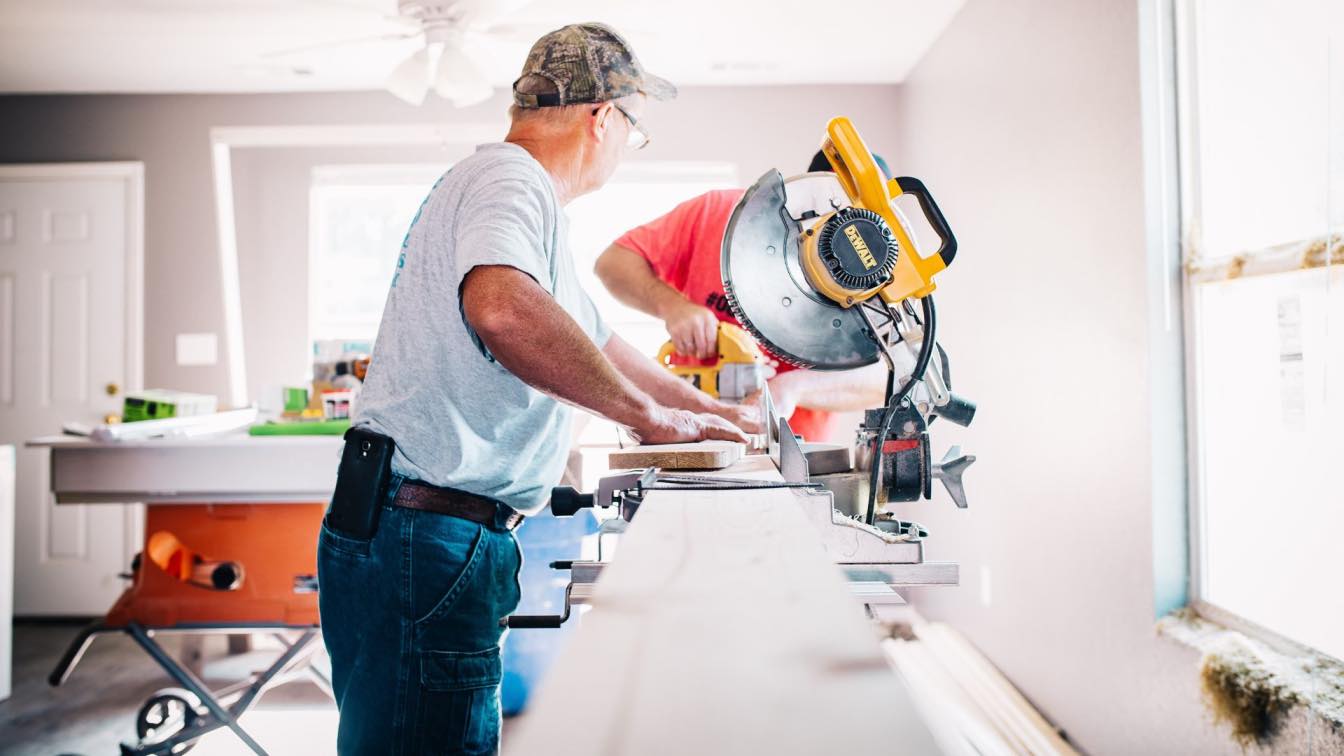Granite countertops are coveted for their timeless beauty and impressive durability. The natural stone's unique patterns and colors elevate any kitchen, while its resistance to scratches and heat makes it a practical choice for busy households. However, one common kitchen appliance poses a surprising threat to this seemingly indestructible material: the dishwasher.
The danger isn't just that a poorly installed dishwasher might tip over and cause an immediate catastrophe. It's the subtle, long-term damage caused by vibration. Each cycle sends tremors through the appliance, and if it's not securely anchored to the granite, these vibrations can slowly erode the stone, leading to cracks or chips that are expensive to repair.
The good news is that properly securing a dishwasher is often well within the capabilities of a DIY-minded homeowner. By understanding the purpose of dishwasher anchors and following a few simple steps, you can protect your investment and enjoy years of worry-free dishwashing. But there are times when enlisting the help of a professional is the smartest choice, and we'll explore those as well.
Why Dishwasher Anchors Are NOT Optional
You might be surprised to learn that dishwashers, those seemingly benign appliances, can wreak havoc on your beautiful granite countertops if not properly secured. During wash and rinse cycles, the internal components of a dishwasher vibrate and move. Without secure anchoring, those vibrations transfer directly to the countertop, causing stress that can lead to cracks over time. The most common problem is the dishwasher pulling away from the counter during these cycles. This can stress plumbing connections, potentially causing leaks, and put undue strain on the countertop itself.
That's where dishwasher anchors come in. These simple devices are designed to firmly attach the dishwasher to the underside of your countertop or the surrounding cabinetry. There are various types of anchors available, ranging from metal brackets to adhesive-backed straps. Dishwasher brackets are a popular option for DIYers, as they typically offer straightforward installation and can be adjusted to accommodate different countertop thicknesses.
Granite, while undeniably beautiful and durable, is a brittle material. Repeated impacts, even seemingly minor ones, can cause it to crack. These cracks can start small and grow over time, leading to costly repairs or even the need to replace a section of your countertop. Preventing this damage is as simple as properly anchoring your dishwasher.
The Dishwasher Bracket Advantage
If the idea of wrangling with screws and adhesives to secure your dishwasher to your granite countertop seems daunting, you're not alone. Thankfully, options like the EZ Dishwasher Bracket offer a simplified approach that even less experienced DIYers can tackle with confidence. This type of bracket typically consists of a sturdy metal bar with adjustable clips designed to grip the underside of your countertop. The bracket then attaches to your dishwasher using screws, creating a secure connection that effectively prevents the appliance from pulling away or shifting during use.
One of the key advantages of the EZ bracket is its adjustability. Since not all countertops are perfectly level, the bracket allows for fine-tuning to ensure a snug fit. This not only enhances the security of the installation but also helps prevent any potential damage to your granite from the bracket itself.
While some big box stores may carry basic dishwasher brackets, your best bet for finding a wide selection of options, including specialized brackets for granite countertops, is to visit your local plumbing supply store. These stores often have knowledgeable staff who can help you choose the right bracket for your specific dishwasher model and countertop material.
Other Anchoring Options (and Their Risks)
While brackets are a popular and reliable solution, other anchoring methods exist. Specialized adhesives designed for bonding metal to stone offer a sleek, minimalist look without visible brackets. However, the installation process can be finicky, requiring precise application and curing times. A minor error could leave you with an unsightly adhesive smear on your expensive granite countertop.
Some dishwashers come with the option to secure them by drilling screws directly into the underside of the countertop or through the front of the appliance into the adjacent cabinet. While this might seem like a straightforward approach, it comes with its own risks. If your cabinets aren't sturdy enough, the screws could pull out, rendering the dishwasher unsecured. Drilling into the granite itself, even with specialized diamond drill bits, poses a risk of cracking or chipping the stone.
If you have any doubts about your ability to install any type of dishwasher anchor correctly, or if your granite countertop is particularly valuable or delicate, don't hesitate to call in a professional installer. The cost of hiring a pro is a small price to pay compared to the potential expense of repairing a damaged countertop.
Maintenance Isn't Just for the Dishwasher
Once your dishwasher is securely anchored, your job isn't quite done. Even with the best installation, the constant vibrations of daily use can gradually loosen screws or weaken adhesive bonds over time. To safeguard your investment, make it a habit to check your dishwasher's stability at least once a year. Gently tug on the unit to see if there's any movement. If you detect shifting, re-tightening screws or adjusting brackets can prevent minor issues from escalating into major damage.
Another crucial aspect of maintenance is ensuring a proper moisture barrier around your dishwasher. This involves applying a thin bead of silicone caulk around the top edge where the dishwasher meets the countertop. This creates a watertight seal that prevents spills or leaks from seeping into the space between the appliance and the granite. Moisture trapped in this gap can cause staining, discoloration, and even weaken the adhesive bonds of your anchors. This simple preventative measure takes just a few minutes, but can save you from costly repairs down the road.
Conclusion
Taking a few simple precautions when installing your dishwasher, and performing regular maintenance checks, can save you from a major headache – and a costly repair bill – down the road. Remember, that beautiful granite countertop isn't immune to the persistent vibrations and potential water damage from your hardworking dishwasher. By investing a few minutes to properly secure the appliance with the right kind of brackets or anchors, and ensuring there's a watertight seal around the edges, you're protecting your investment and safeguarding your kitchen's aesthetic appeal.
If you're unsure of the best way to anchor your specific dishwasher model, consult the manufacturer's installation instructions, or seek out dishwasher installation guides from reputable online sources. Local hardware or home improvement stores that offer granite supplies can also be valuable resources, providing expert advice on the correct materials and techniques to use. For those who aren't comfortable with DIY projects, many appliance repair shops also offer professional installation services. This can be a worthwhile investment to ensure the job is done right the first time, minimizing the risk of any damage to your beloved granite countertops.





